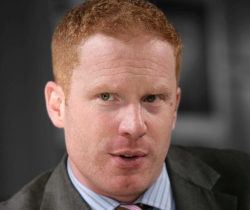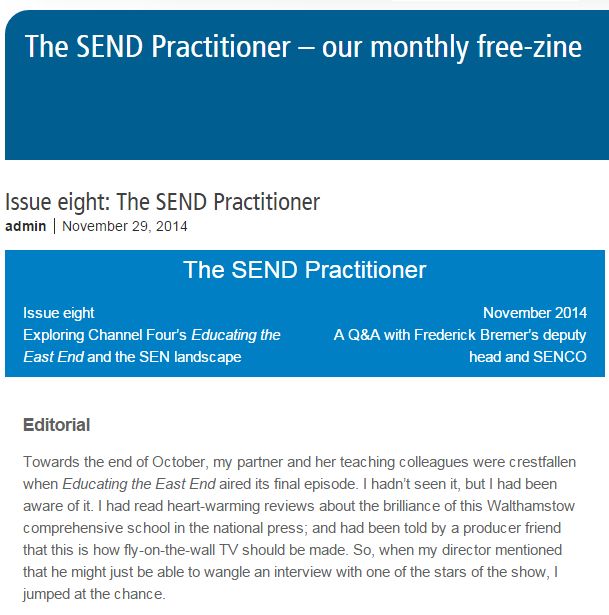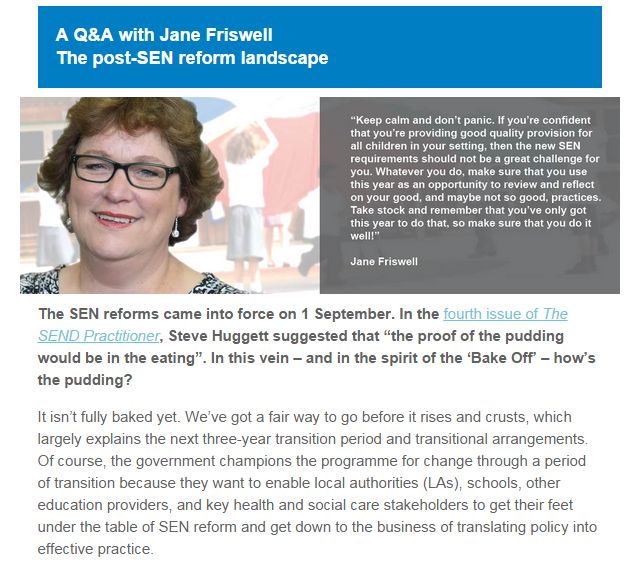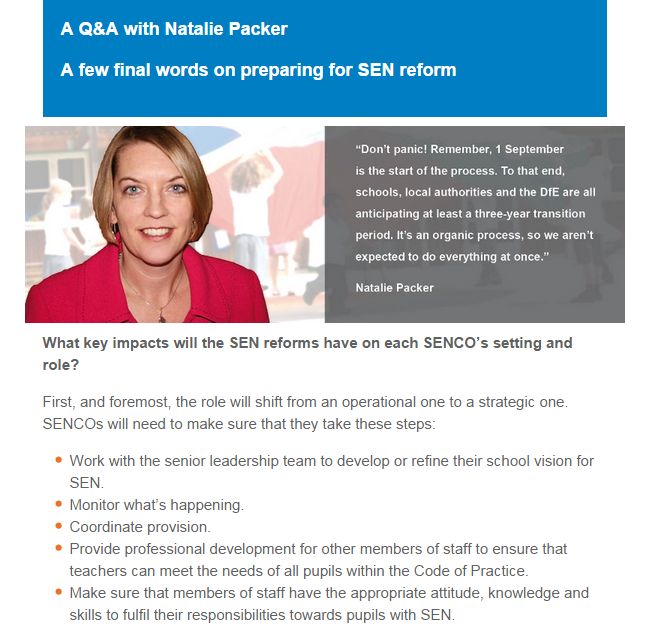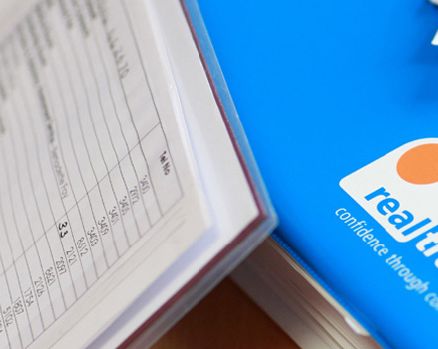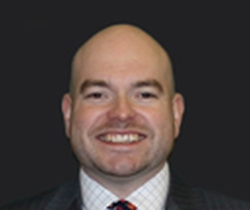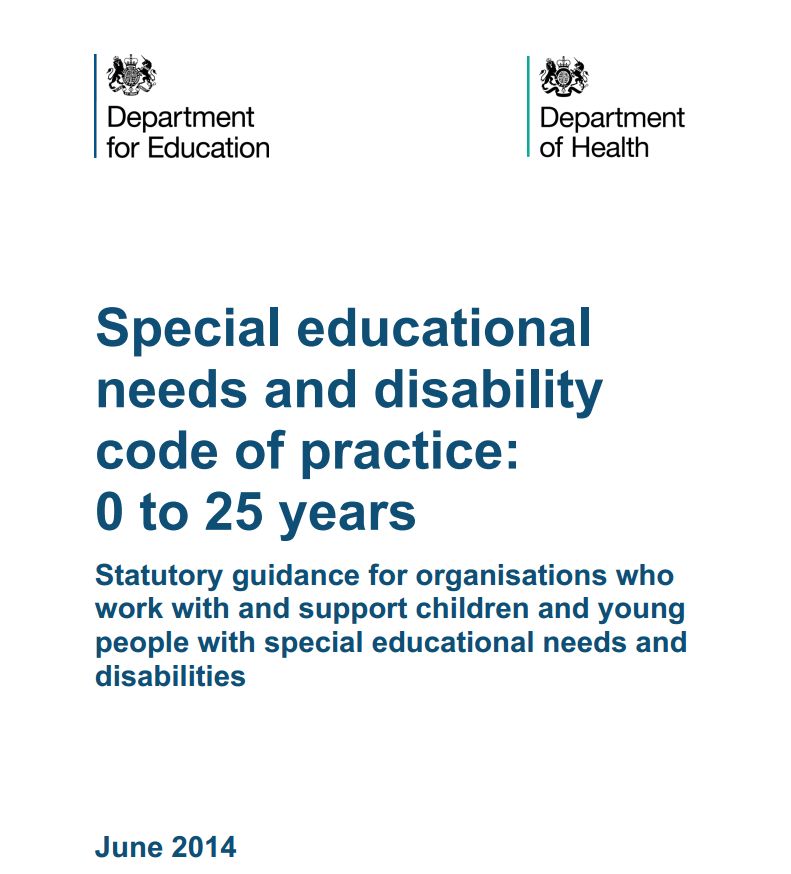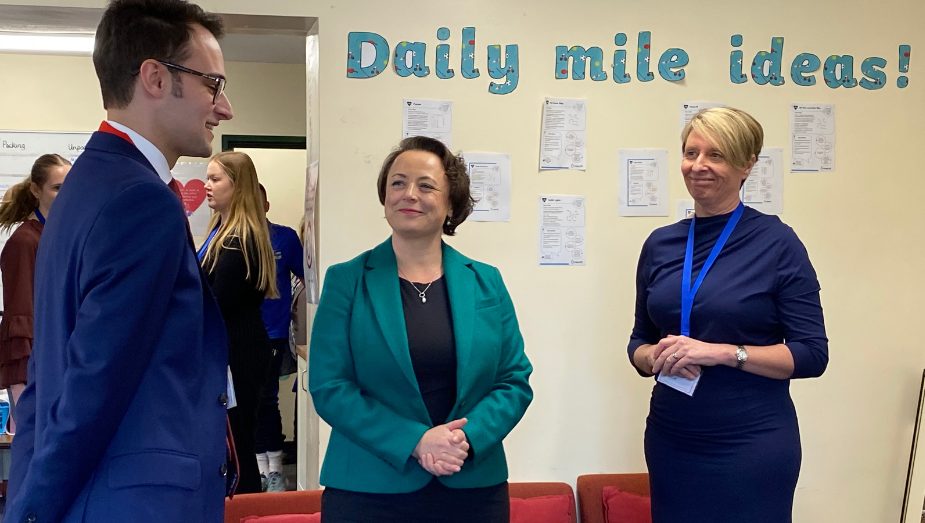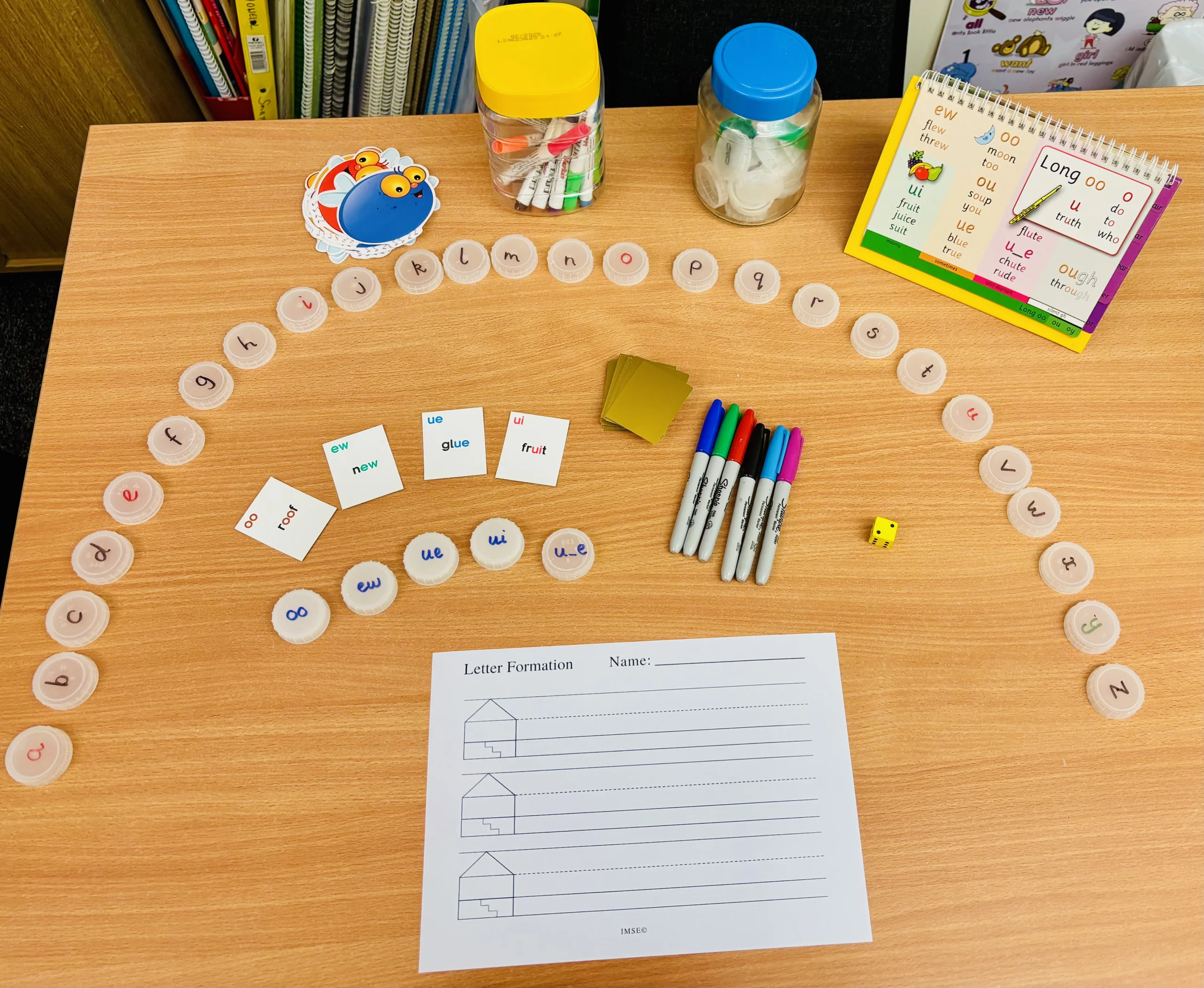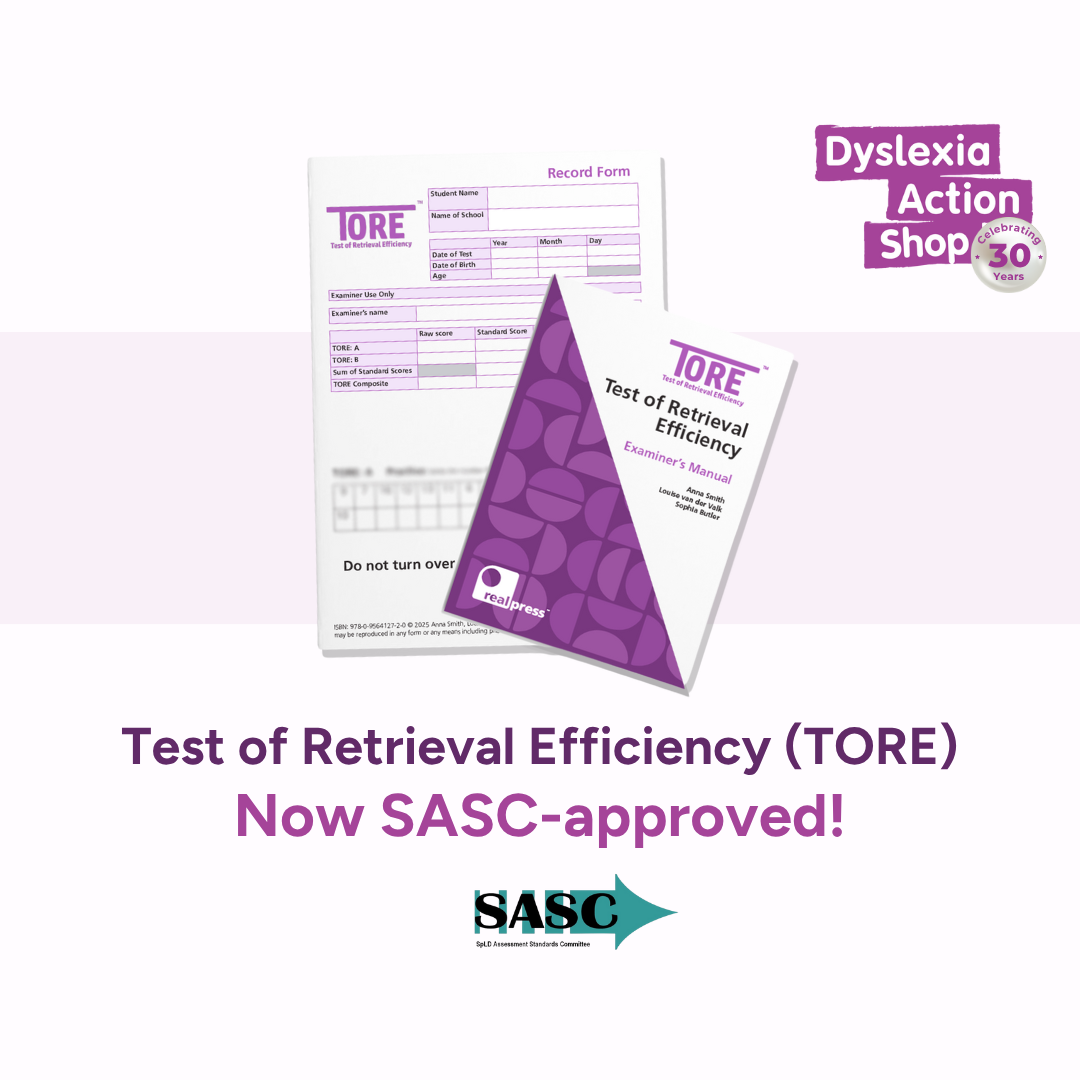11 Things We Learned About How the Schools White Paper will Reform SEND
On Monday, the government released its major new white paper for schools, representing the biggest proposed shake-up to SEND policy in the last decade. We believe it could be a positive step forward that makes a commitment to placing evidence-based practice front and centre for every child. The white paper…
Read more

